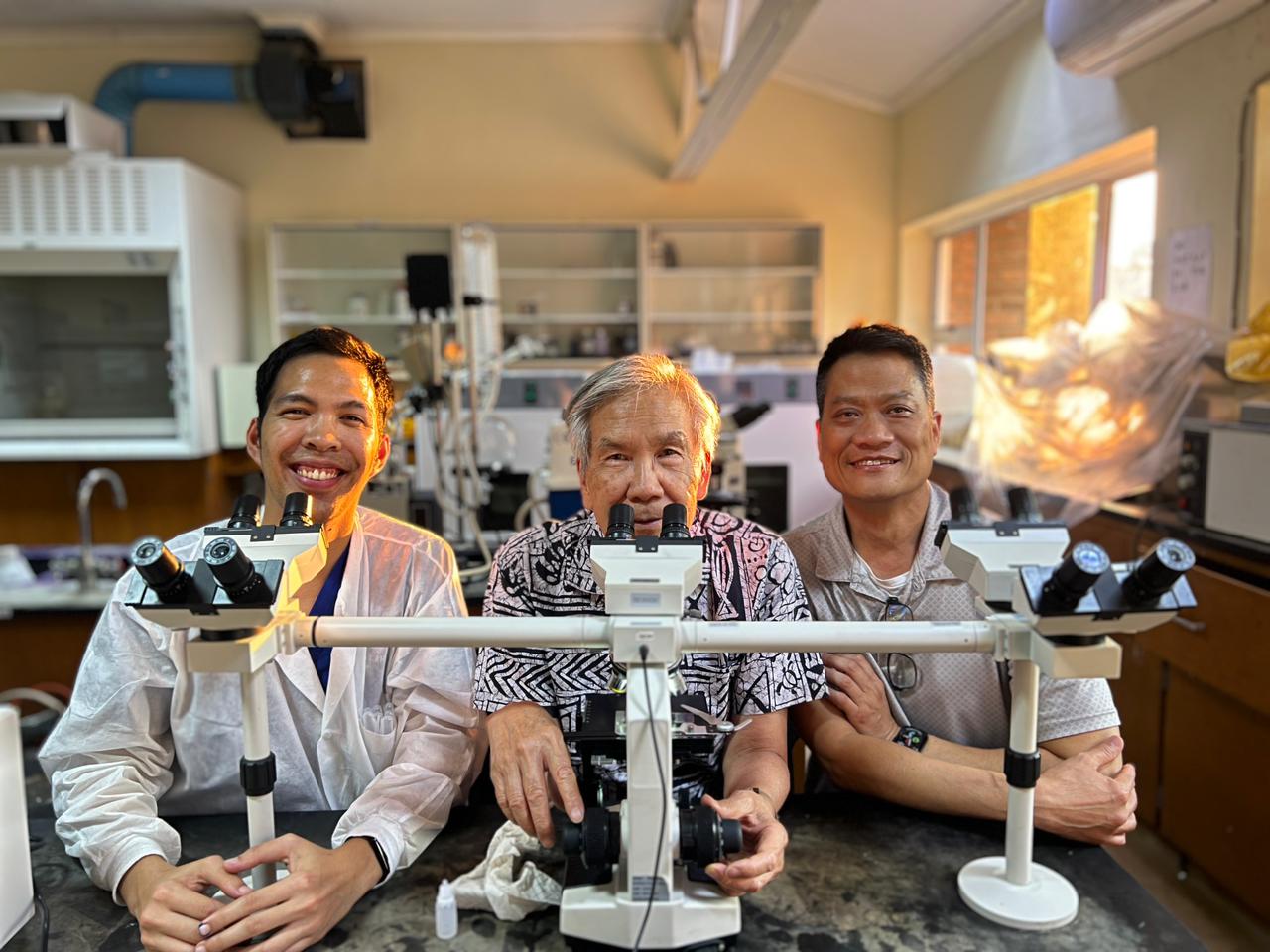
Across Africa, medical laboratories play a critical role in diagnosing disease, guiding treatment, and monitoring community health. Yet many facilities still face gaps in staffing, training, and resources that limit their impact. Recognizing this challenge, the Africa Centres for Disease Control and Prevention emphasizes that “a resilient health system starts with a strong workforce”—a reminder that investing in laboratory training is essential for strengthening healthcare systems and preparing for future crises.
At Malamulo College of Health Sciences in Malawi, that investment is taking shape through the Advanced Lab Training Program, supported by Adventist Health International (AHI) and hosted at Malawi Adventist University–Malamulo Campus (MAU-M), one of Loma Linda University Health’s (LLUH) five global campuses. The program is designed to strengthen the skills of medical laboratory professionals across Africa, equipping them with advanced techniques and leadership training they can bring back to their own institutions.
The program’s launch was coordinated and overseen by Rodney Roath, head of LLUH’s medical laboratory academic program. This summer’s training was led by clinical lab consultants Ben Siapco, MS, and Eric Aldovino, with additional contributions from LLUH faculty Oodie Namsang and Shalini Carter. Together, the team guided participants through an intensive curriculum that combined technical rigor with mentorship.
“By God’s grace, the training has been successful,” Ben reflected. “We had so many ‘how-to’ questions that we ended up working 10-hour days and even Sundays. The positive feedback from the participants energized everyone to press on and learn more. What a labor of love!”
That dedication was met with equal enthusiasm from the students, who testified that the techniques and teaching methods were unlike anything they had experienced before.
The impact of the training extended well beyond the laboratory. Students and faculty at MAU-M were inspired by the spiritual and cultural contributions of course participants, and the collaboration enriched campus worship and community life. According to school leaders, the spirit of unity and inspiration brought by this group was unlike anything they had witnessed before.
Most importantly, graduates of the program are committed to applying what they learned in practical, transformative ways. From improving diagnostic accuracy to enhancing patient monitoring, the skills gained from this training program will directly improve patient outcomes in hospitals and clinics across Africa. One faculty observer expressed a personal commitment to use these skills to elevate the quality of education for the next generation of laboratory scientists at the university.
As clinical laboratory professionals return to their home institutions, the benefits multiply: better diagnosis, stronger healthcare, healthier communities. And at the heart of it all is a spirit of dedication that transcends technical skills. As Ben observed, “From the outset, the unity of the students as they worked together through challenges was palpable. They are driven and committed to continuing the healing and teaching ministry of Jesus Christ—and what could be more unique than that?”
By equipping skilled, mission-driven laboratory leaders, the Advanced Lab Training Program embodies the vision of AHI and LLUH: to empower international institutions to meet their own health challenges with excellence, compassion, and faith. In a region where clinical laboratories are both urgently needed and full of untapped potential, this program stands as a model of what is possible when global partnership meets local commitment.
